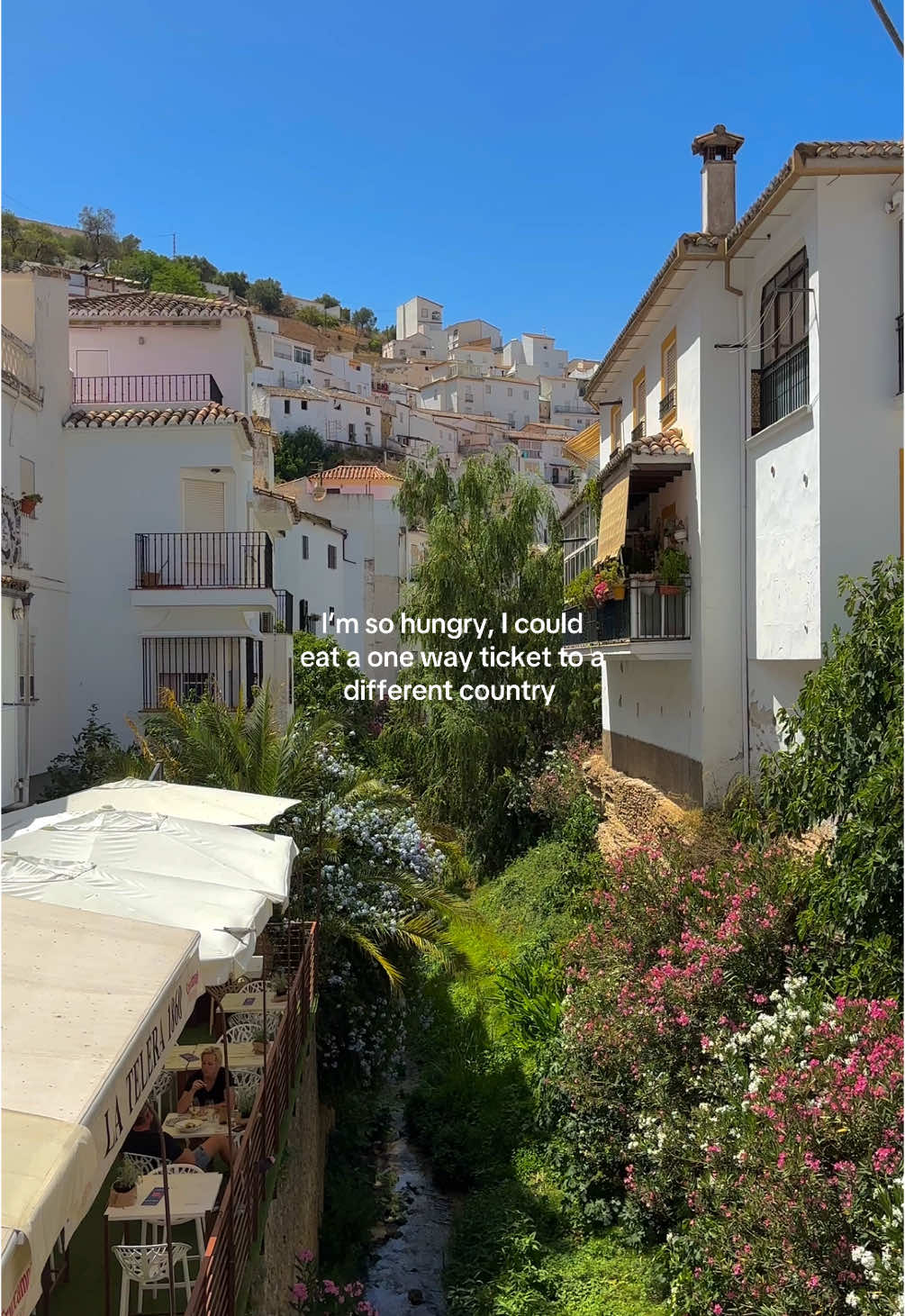Sarah🇺🇸
Region: US
Thursday 24 July 2025 03:08:20 GMT
128
8
5
0
Music
Download
Comments
ADNAN.KHAN.AFRIDI 🇦🇵🇰❤️🇦🇫 :
😭😭😭
2025-07-24 04:30:54
1
MzKandii Apple :
😊😊😊
2025-07-25 01:22:07
1
ADNAN.KHAN.AFRIDI 🇦🇵🇰❤️🇦🇫 :
💋💋💋
2025-07-24 04:30:43
1
To see more videos from user @tiktoksarah85, please go to the Tikwm
homepage.





